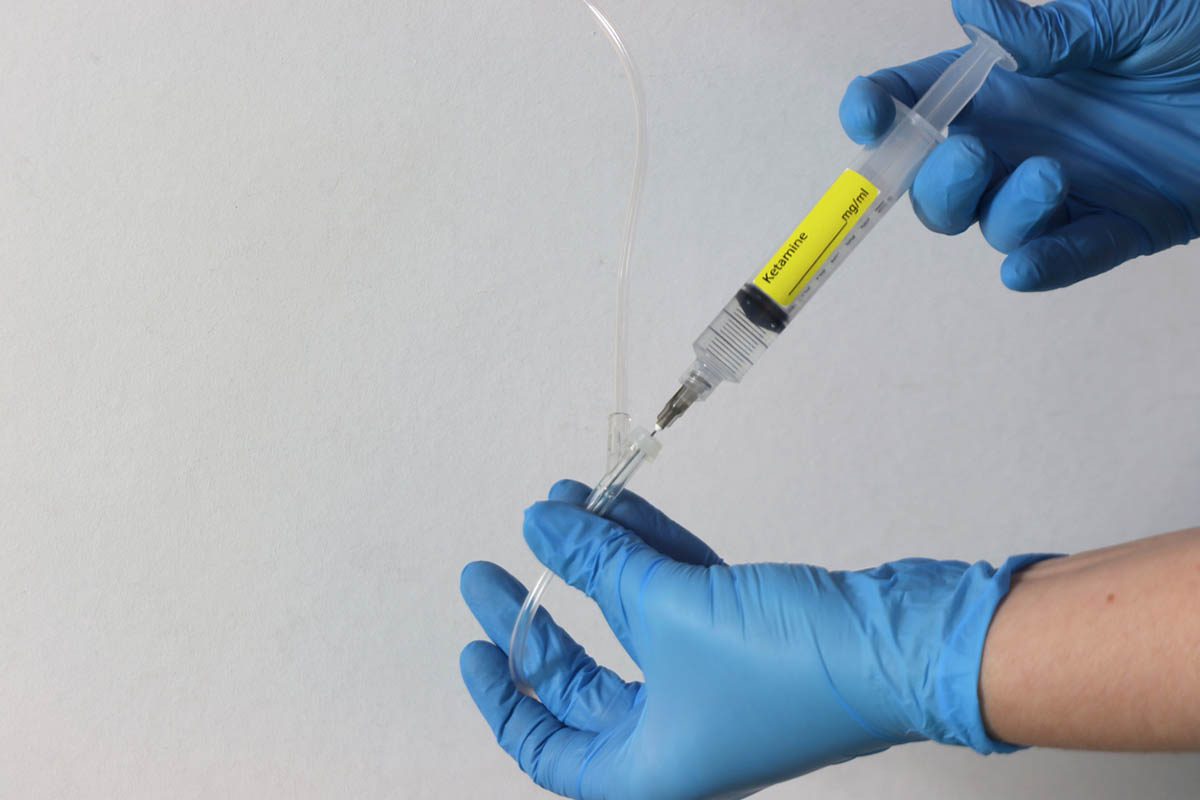Objective: We investigated if the degree of treatment resistance of depression, as measured by the Maudsley Staging Method (MSM), is predictive of a worse depression outcome by using a large naturalistic cohort of depressed patients.
Methods: 643 subjects from the general population, primary care, and secondary care who suffered from current depressive disorder were included from the Netherlands Study of Depression and Anxiety baseline assessment. The diagnostic criterion was major depressive disorder (MDD) in the last month, based on the Composite Interview Diagnostic Instrument (CIDI), or a CIDI diagnosis of MDD in the past 6 months with an Inventory of Depressive Symptomatology Self-Report score > 24 at baseline. In these subjects, composite scores of the MSM, based on duration, severity, and treatment history of current episode, were determined retrospectively. We then determined if the MSM score prospectively predicted the 2-year course of depression after baseline. The primary outcomes were percentage of follow-up time spent in a depressive episode and being “mostly depressed” (≥ 50% of the follow-up) between baseline and 2-year follow-up.
Results: The MSM predicted “percentage of follow-up time with depression” (P < .001) and was associated with being “mostly depressed” (OR = 1.40; 95% CI, 1.23-1.60; P < .001). These effects were not modified by having received treatment.
Conclusions: The current study shows that the MSM is a promising tool to predict worse depression outcomes in depressed patients. In this study that adds to previous work, we show the applicability of MSM in a wider range of primary and secondary care patients with depression.
Continue Reading...
Members enjoy unlimited free PDF downloads as part of their subscription! Subscribe today for instant access to this article and our entire library in your preferred format. Alternatively, you can purchase the PDF of this article individually.
Please sign in or purchase this PDF for $40.00.
Save
Cite
Already a member? Login



